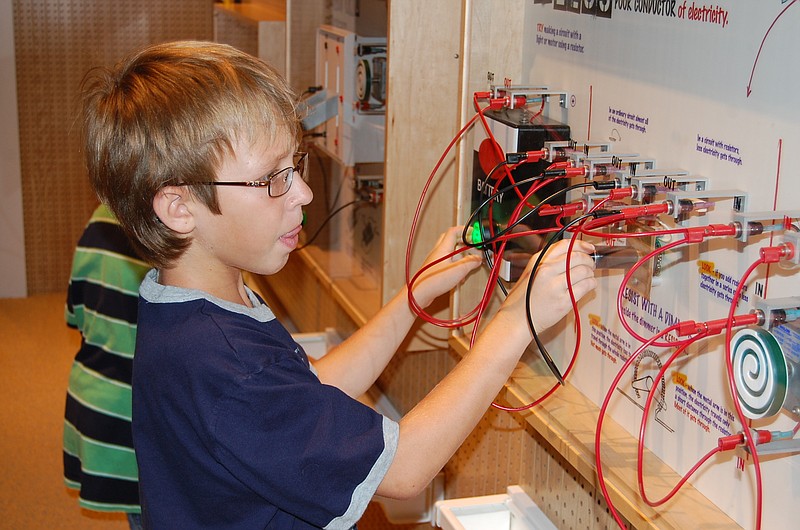It shouldn't take you very long to connect the dots.
A California couple, David and Louise Turpin, recently were charged with abusing their 13 children. The Turpins were registered as home school parents. Therefore, in the minds of some lawmakers there, all parents who choose to home-school their children should be suspected of abusing their children.
After all, in math, if A equals B and B equals C, then A equals C.
That's what passes for logic in the Golden State. Indeed, legislators there have signalled plans to require home-school parents to prove they are not abusive if they choose that option for their children.
Despite the fact such a law would be unconstitutional, it's also illogical. One cannot prove the non-existence of abuse. Proof of evidence of it, instead, must come from those who make the claims.
But the suggestion by the lawmakers plays much bigger. The political left - in California and elsewhere - detests school choice, whether it be private or parochial schools, charter schools, home schools or school vouchers. The left believes education is best left in the hands of the government through public schools. Anything else is suspect.
If laws can be passed to throw shade on home-school parents by treating them as criminals without a crime, the thought goes, fewer parents will want to go down that road. That is bound to result in more children in public schools, more children under the thumb of a measure of government control.
For many students in many parts of the country, public school is a perfect option. Emphasis is on a good academic education but also on a diverse socialization that can be rewarding. Friends are made, careers are planned, lessons are learned.
But one size doesn't fit all, which is the problem many parents have with public schools. Their child is gifted, perhaps, in a school district with no gifted programming. Or they don't want their child to attend a school with a poor academic record. Or their child - for physical, social or psychological reasons - doesn't do well around other children. But home schooling could remedy some of those needs.
On the other hand, not just anybody should home-school their children. Some parents don't have the education, patience or temperament to do it.
So, states do have a role, though laws differ from state to state. In Tennessee, parents register to home-school their children independently with the public school district, where they submit attendance records and curriculum samples, or with church-related or secular, independent schools, where the schools receive the documentation.
Students registered with the district must take state assessment tests in the fifth, seventh and ninth grades; students registered through the other schools do not have to take the assessment tests. Parents who register their children independently also must have a high school diploma or equivalent if they educate their children in ninth grade or higher. No such requirement is made of parents whose children are registered through the other schools.
Georgia's guidelines are not considered as stringent as Tennessee's; Alabama's are even less stringent.
But if the left has its way, all states would take an intimately closer look at their home schools. The Massachusetts-based Coalition for Responsible Home Education, for instance, wants mandatory medical visits or academic assessments given by someone trained to recognize abuse.
"There's no better way to isolate your child if you are an abusive parent than to home-school," the organization's Rachel Coleman said.
Frankly, that oversimplification is insulting to home-school parents, most of whose children go on to higher education, careers and satisfying lives in the same way public school students do.
In fact, research ("Exploring Academic Outcomes of Homeschooled Students") shows home-schooled students do better on standardized tests, stay in college longer and do better once they're enrolled than public school students. A 2009 study showed 67 percent of home-schoolers graduated from college compared to 59 percent of public school students.
But is there also evidence to show there is more abuse among home-school parents, the Turpins notwithstanding? A study published last month by Dr. Brian D. Ray, president of the Oregon-based National Home Education Research Institute, indicates not. In his study, he cites 2017 research that concluded "legally home-schooled students are 40 percent less likely to die by child abuse or neglect than the average student nationally."
We believe strongly in parents having a home-school option in educating their children but also in states certifying that parents and home-school organizations are worthy of taking on such an important task. But recklessly tying together home-school education and child abuse is not worthy of that mission. We hope that is one Left Coast trend that does not travel east.
